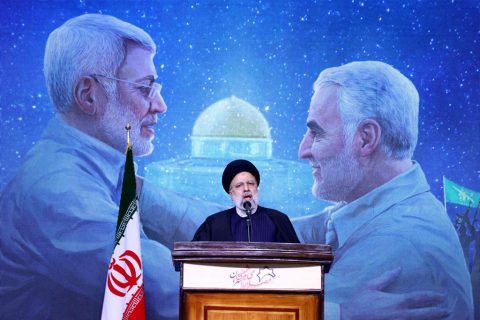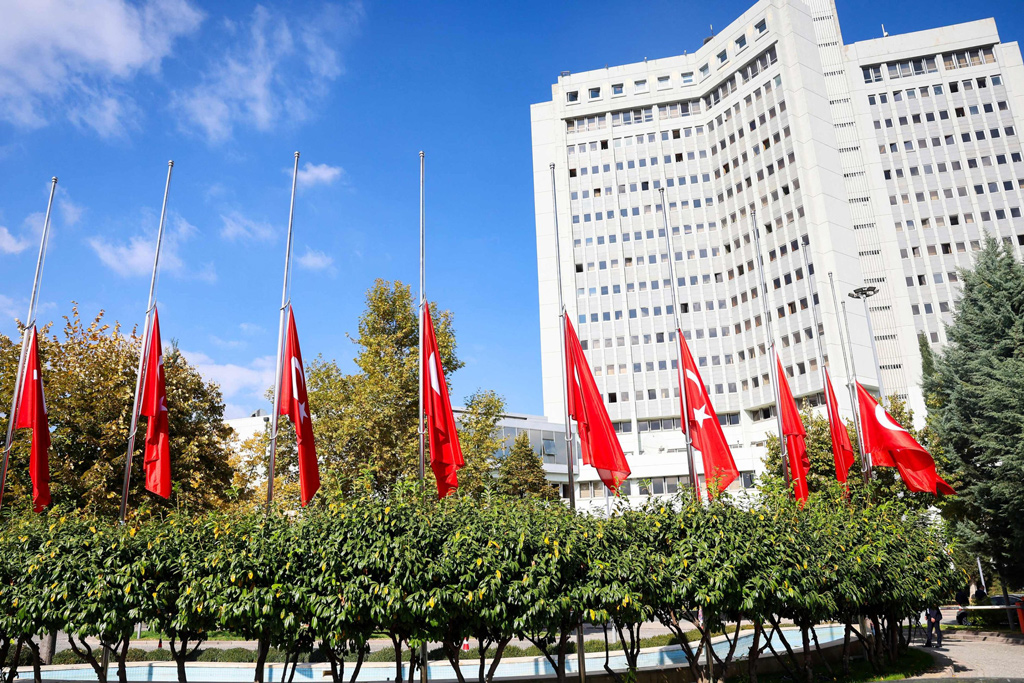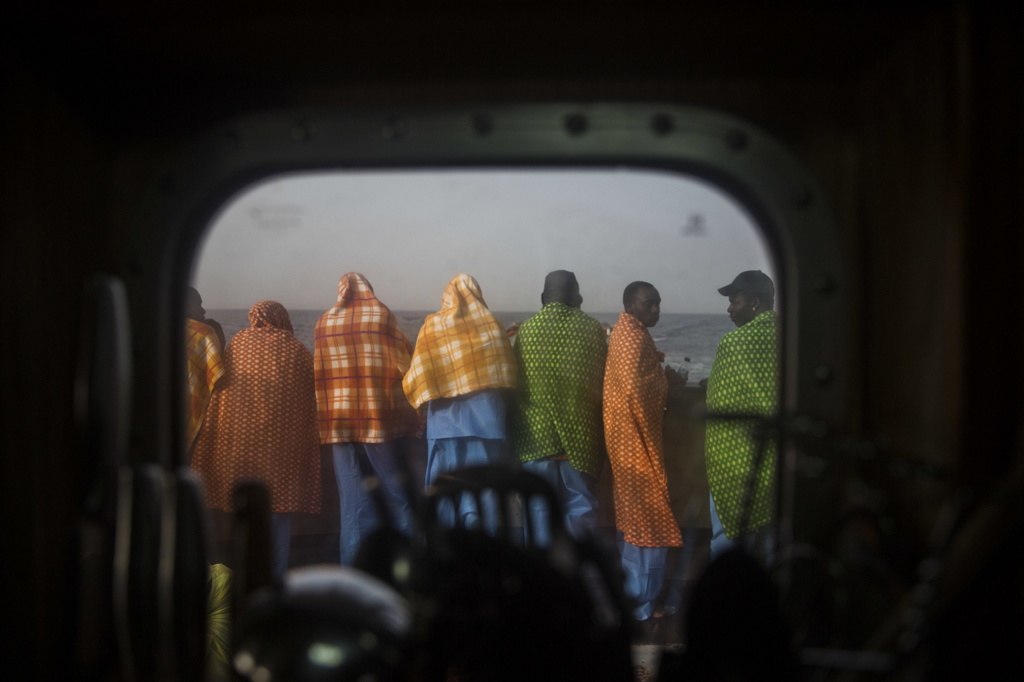Pakistan

Focus: An Insight into Pakistan Election 2024
| FocusPakistan held its highly anticipated 12th general elections on Feb. 8, 2024. The polls took …
-
Focus
Focus: An Insight into Pakistan Election 2024
By Shamsa KhalilPakistan held its highly anticipated 12th general elections on Feb. 8, 2024. The polls took place amid a highly schismatic atmosphere, political fluidity, intense economic turbulence, and pressing security concerns. Despite some extreme political repressions and the absence of a level playing field, Pakistan Tehreek-e-Insaf (PTI), led by jailed former Prime Minister Imran Khan stole the show by claiming 93 seats out of 265 contestable seats. It left behind seasoned, traditional political parties like Pakistan Muslim League-Nawaz (PML-N) with 75, Pakistan People's Party (PPP) with 54 and Muttahida Qaumi Movement (P) with just 17 seats in the National Assembly (NA). A simple majority in parliament necessitates a mandate of 169 seats, including 70 reserve seats, as per the strength of each party in the NA.
-
Opinion
Is Iran strengthening or becoming isolated?
By Burhanettin DuranAgainst the backdrop of Israel's massacre in Gaza, attention has been shifting to Iran. Following the bombardment of the Houthis by the United States and the United Kingdom for disrupting commercial shipping in the Red Sea, Iran and Pakistan experienced an escalation, with both sides firing missiles over terrorism. Moreover, Israel killed five members of the Revolutionary Guards Corps in Damascus last weekend, resuming its past operations against the Iranian presence in Syria. The seeming purpose of such strikes is to stop Iran from sending military aid to the Axis of Resistance – namely Hezbollah and Hamas. More important, however, is Israeli Prime Minister Benjamin Netanyahu's commitment to ensuring the Israeli-Palestinian conflict's regionwide spillover – which contradicts the Biden administration.
-
Opinion
Is Middle East entering new spiral of conflicts?
By Burhanettin DuranA series of attacks and clashes sent shockwaves through the Middle East over the last week. Israel's massacres in Gaza and low-intensity conflict with Hezbollah at the Lebanese border remain underway. Meanwhile, in the Red Sea, the United States and Britain bombed Yemen's Houthis for the fourth time on Thursday. Washington also relisted the Houthis as a global terrorist group.
Bu Konuda Daha Fazla
-
Can Türkiye’s diplomatic efforts bring Israel to a halt?
By Murat YeşiltaşAs the 14th day of the Israeli offensive in Gaza unfolds, the humanitarian crisis associated with this conflict continues to intensify. The unwavering support from the United States and a significant contingent of Western nations for Israel’s aggressive military campaign has created an exceptional situation, allowing Israel’s actions to go unchecked. The adoption of collective punishment as a war strategy by both Israel and the U.S., with their resolute backing, threatens to destabilize the region and jeopardize global security on an unprecedented scale.
-
The European Convention on Human Rights Bans Desecrating the...
By Tom ZwartLegal rulings of the European Convention on Human Rights clearly show that the burning of the Quran is contrary to the Convention. Here is the legal aspect.
-
UK’s ‘ground-breaking’ asylum bill to tackle irregular migration
By Hacı Mehmet BoyrazU.K. follows a strict policy to minimize irregular migration toward its borders. For this, it tries to alleviate the burden of combating irregular migration by making legal arrangements within itself and signing agreements with other countries. Based on these, it can be said that the U.K. will continue to make new and concrete decisions against irregular migration in the upcoming period.
-
Selfless Support of NGOs in Challenging Times
By Abdulkadir ÇayNGO volunteers work on the ground around the clock. In the recent past during the coronavirus pandemic, they delivered aid to people alongside government agencies. In the holy month of Ramadan, they serve meals. Every year, around Eid Al-Adha, volunteers work extra hard to help people around the globe by building bridges between donors and people in need. As such, they represent Türkiye through their excellent work.
-
Will the Earthquakes Lead to Change in Foreign Policy?
By Muhittin AtamanIt is necessary to uphold the sense of solidarity, which emerged among states after the earthquakes. Last but not least, one would hope that the humane way of thinking can triumph over the idea of interest and exploitation in international relations. This is a time to focus on moral values and solidarity – not realpolitik.

















